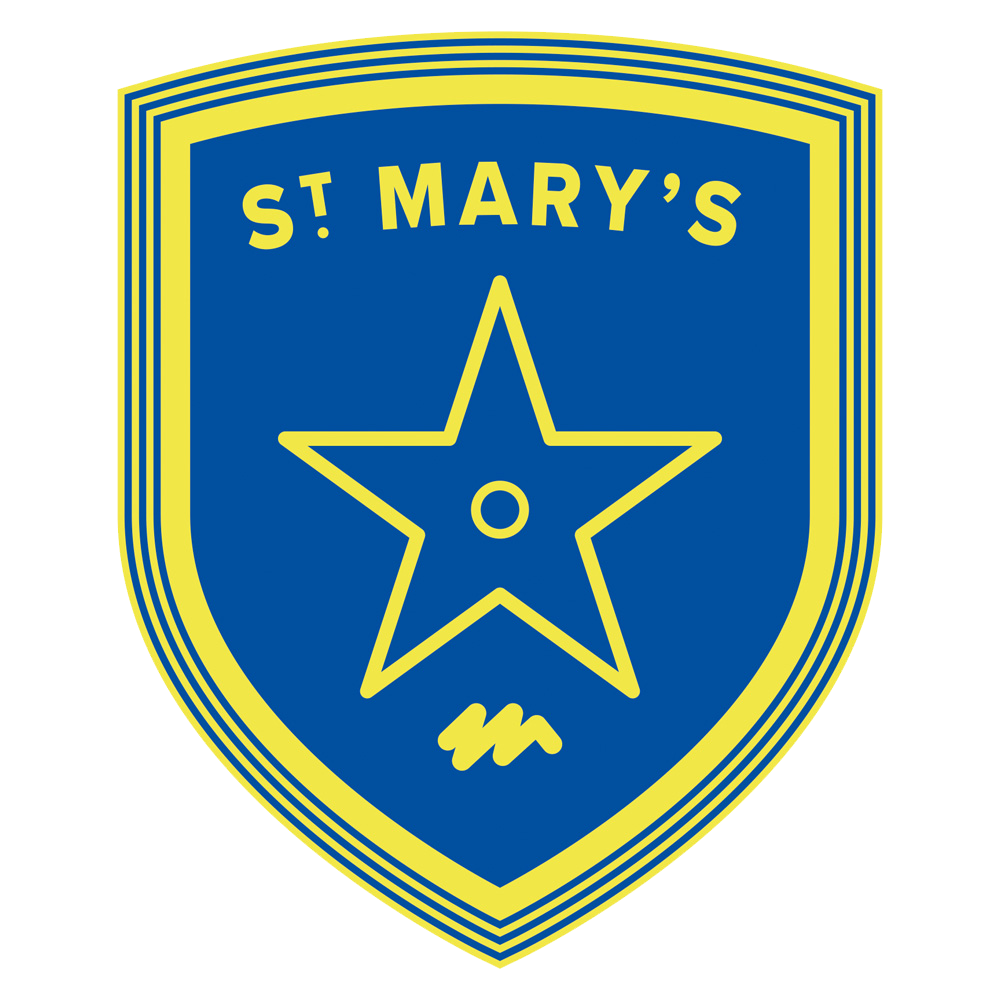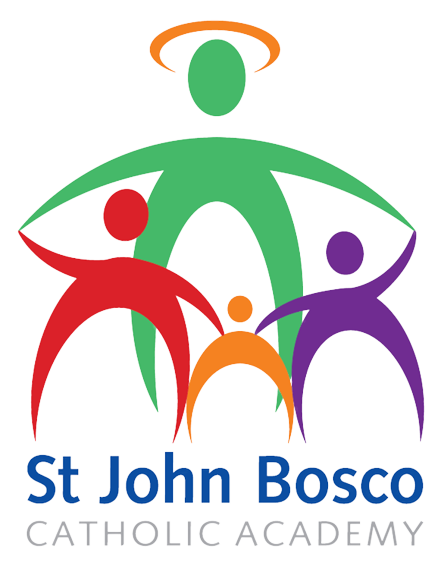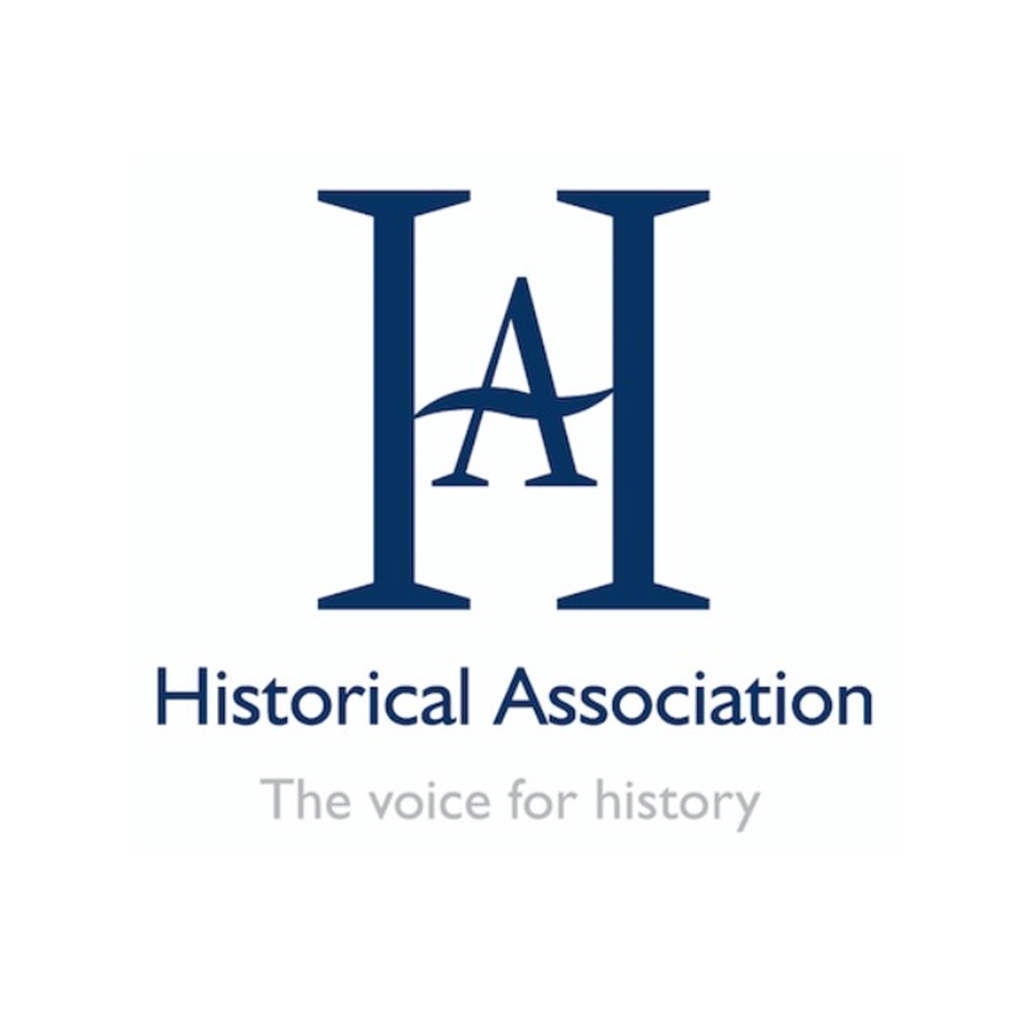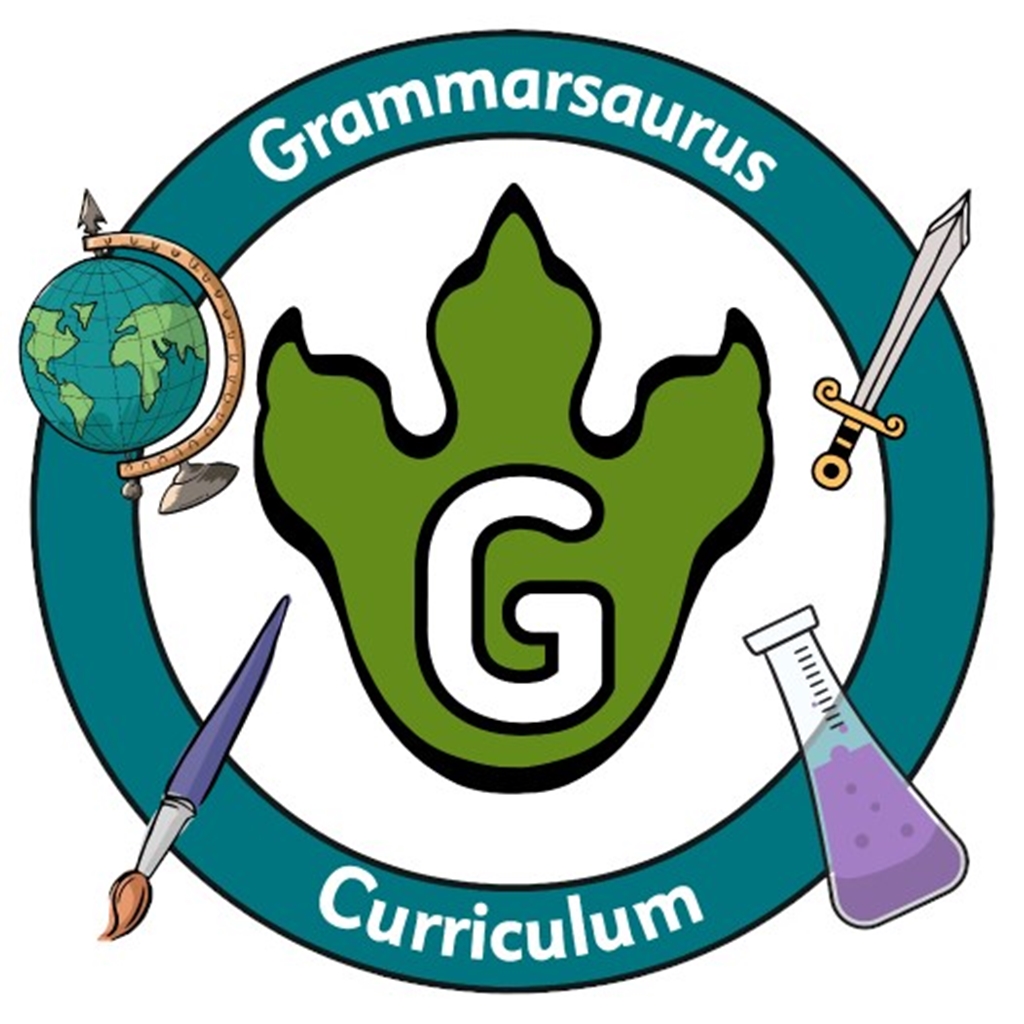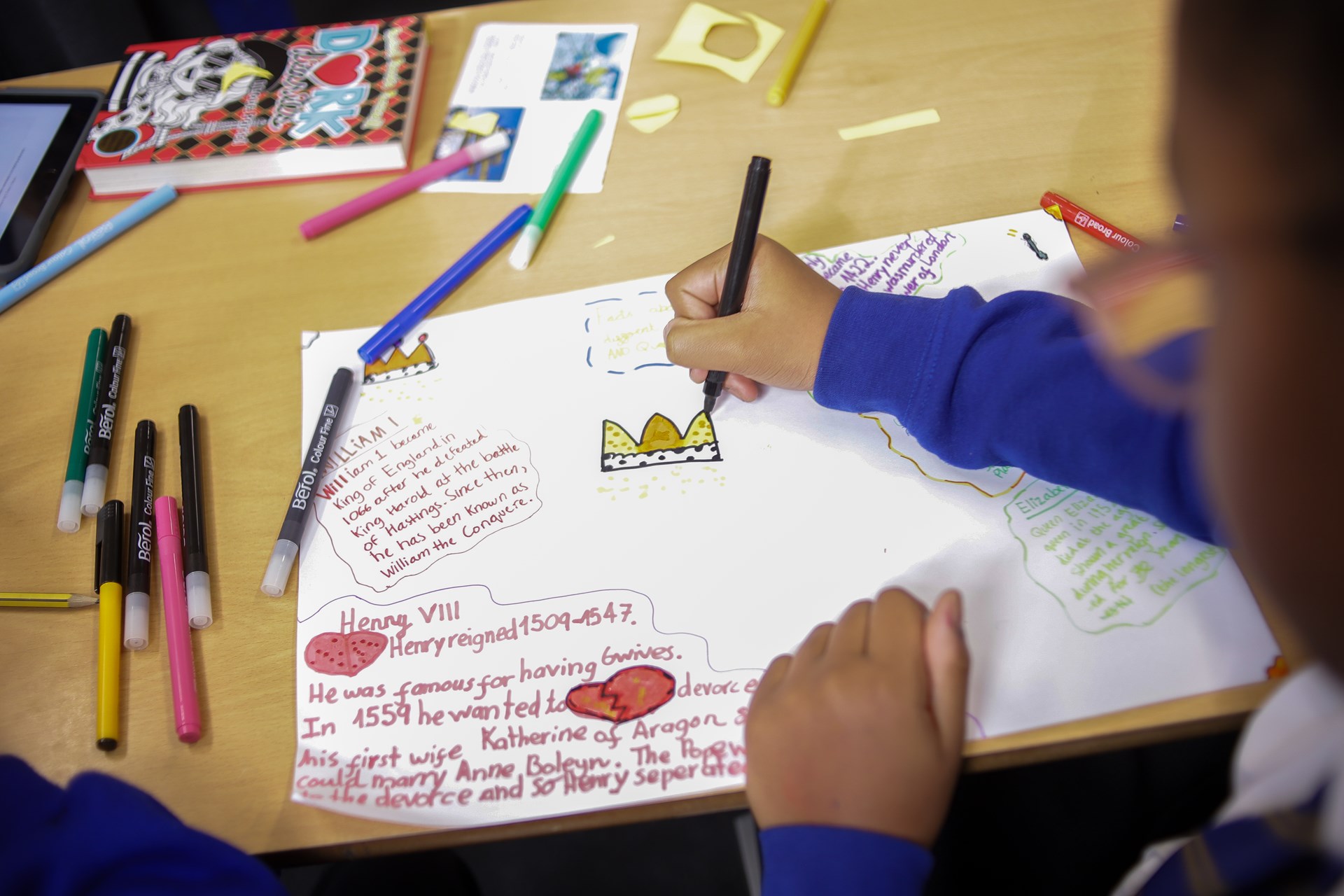
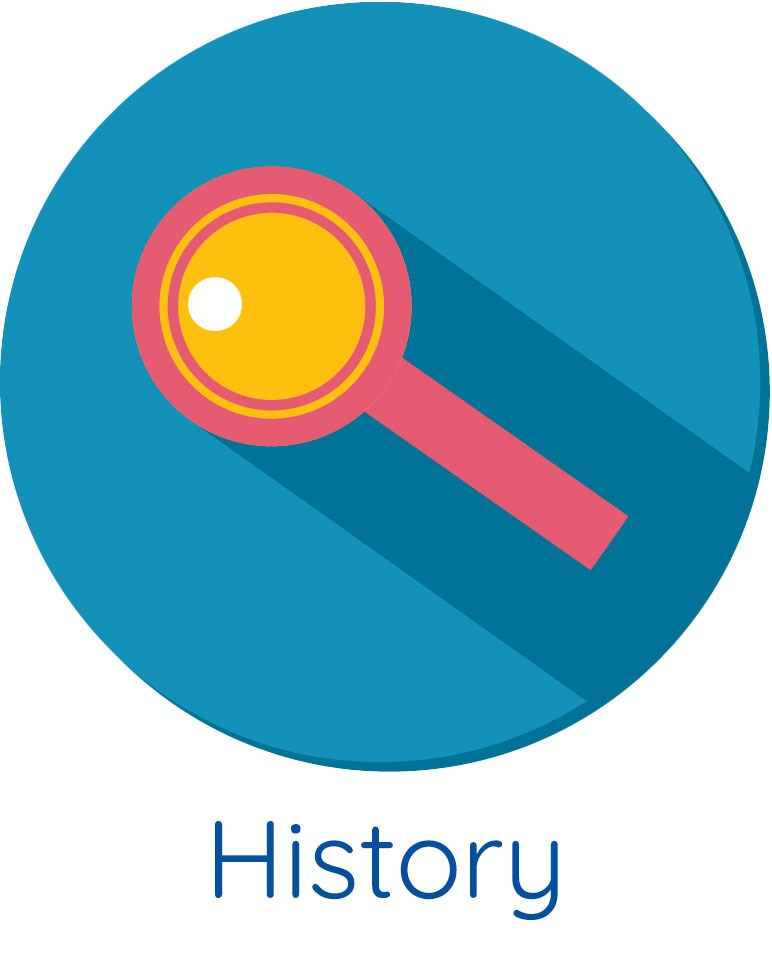
History Curriculum Intent:
To foster an enthusiasm and curiosity about the history of Britain and the wider world developing a secure sense of chronology and an understanding of how events and people through time have led to where we are in the present. To study a variety of significant historical figures and events that underpin the diversity of Britain and the wider world responding to this with compassion and critical thinking.
History Curriculum: Implementation
The History curriculum is taught through specific Key Stage focuses based on the National Curriculum and through four key ‘lenses’ or ‘golden threads’ that run through the units of work. The substantive knowledge, the key skills and vocabulary are mapped out progressively from EYFS to Y6 and links are made to key English texts and other curricular subjects to help to develop retention, application and progression. This ensures that the focus is on the Historical skills and knowledge which can then be enhanced through curriculum links and application.
Key Features:
- Detailed substantive knowledge alongside specific vocabulary and skills mapping across all key stages that is progressive.
- Four ‘lenses’ or ‘golden threads’ give a clear focus to the knowledge and concepts taught. These being: Invasion and Empire, Religious and Political History, Legacy and Settlements and Social History.
- The curriculum is mapped out in distinct Historical eras and linked events from the past with a clear chronology through Key Stage 2.
- Over the academic year, there are three units taught in each year group (with 3 units across EYFS) which is the year’s content.
- Wider curriculum links to deepen understanding and knowledge.
- The lessons are introduced and led by enquiry questions.
- High quality class texts have been mapped out to support the History curriculum.
- Main access to resources and schemes of work is through our school membership of the Historical Association, the use of BBC Teach online and units of work from Grammarsaurus.
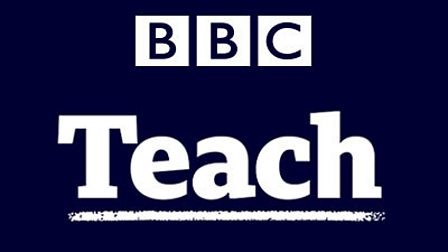
A St. Mary's Historian has:
• An excellent knowledge and understanding of people, events and contexts from a range of historical eras.
• The ability to think critically about history and to communicate ideas confidently.
• The ability to think, reflect, debate, discuss and evaluate the past, asking and refining questions and enquiries.
• A passion for history that develops their sense of curiosity about the past and their understanding of how and why people interpret the past differently.
• A respect for historical evidence and the ability to use this to support their explanations and judgements.
History Curriculum Progression:
